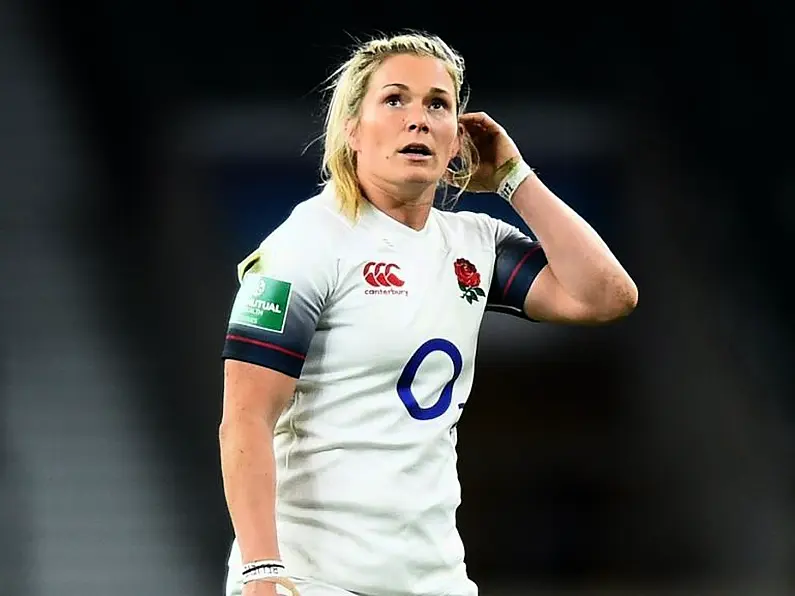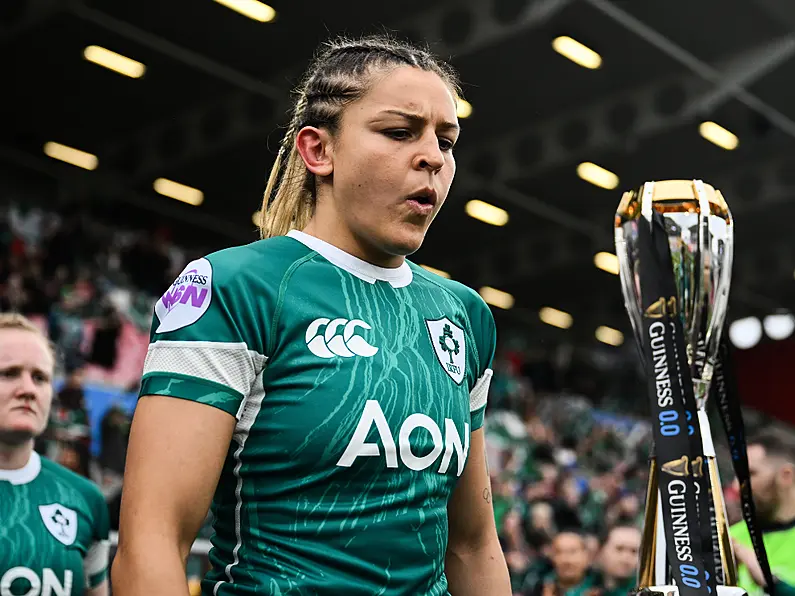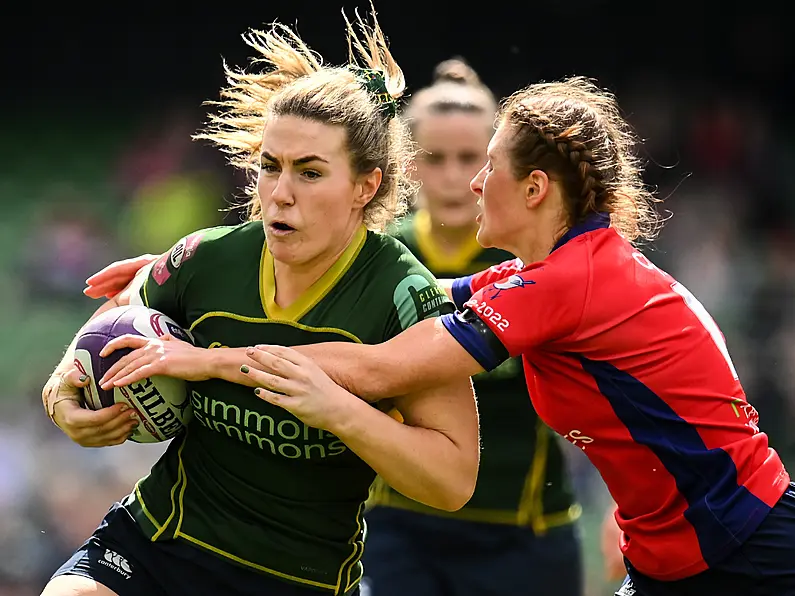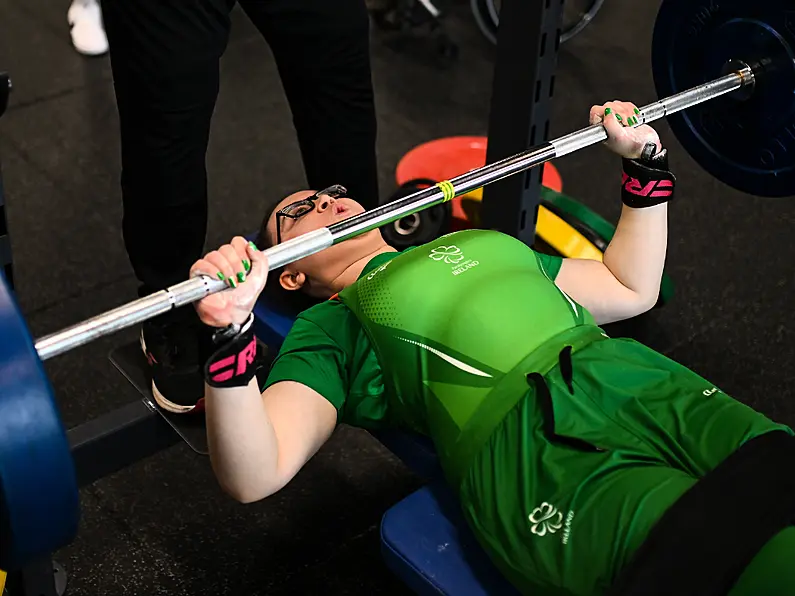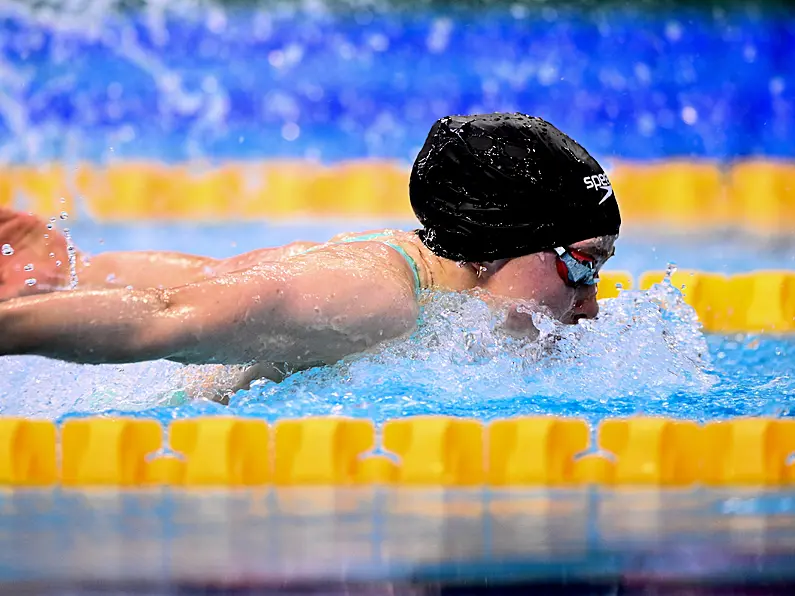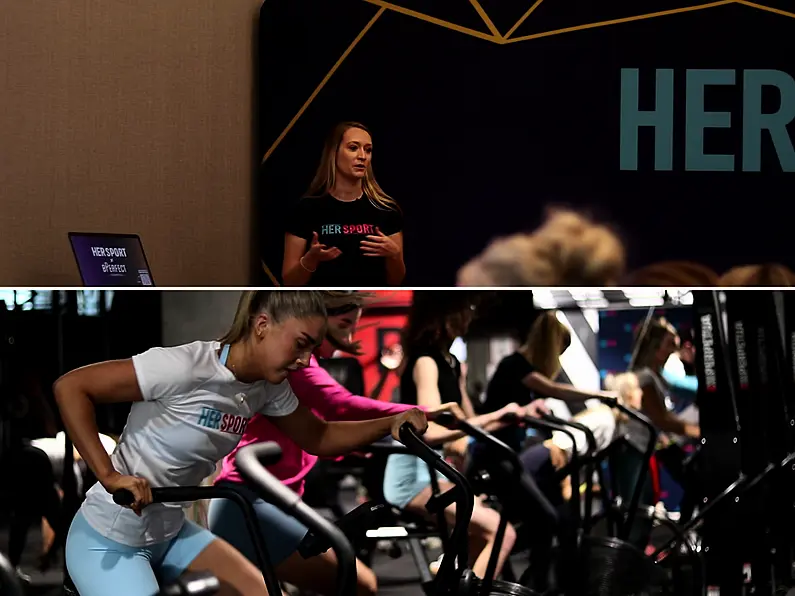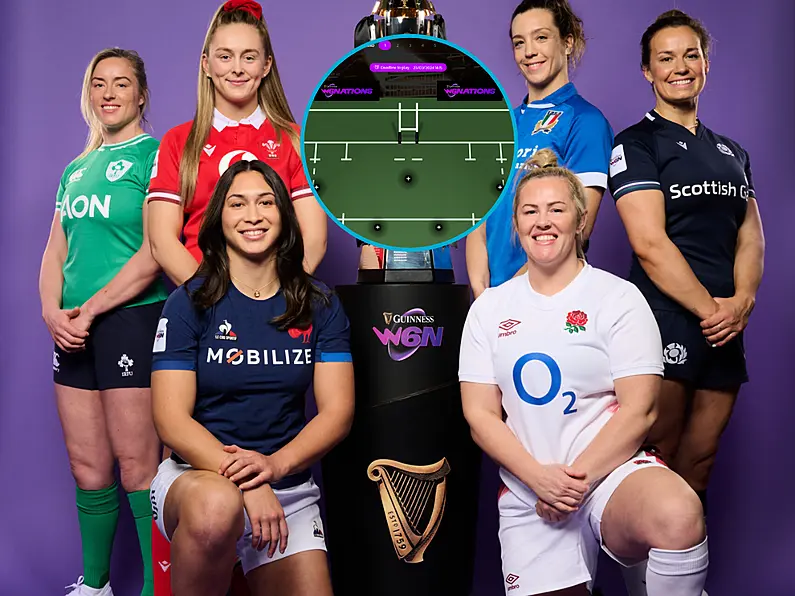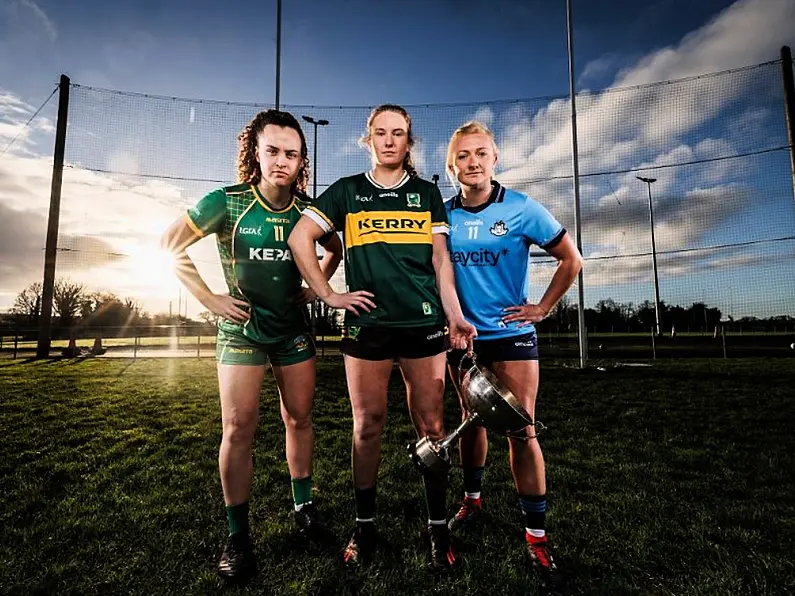Rachael Burford is an English Rugby player and has been playing the sport since she was just six years of age. She was recently on our Period Panel to discuss how she felt growing up in a sport around the stereotypes and knowledge of periods from a young girl now to a successful international athlete.
The only time she spoke about her period during her time as a young athlete was to talk about contraceptives to stop a period from happening at a tournament or big game. She expressed how there is a lot of embarrassment and shame for young girls when they first get it. The education they receive regarding periods makes it seem like it’s a big secret that is not supposed to be talked about, which is why when girls grow up, it is still a taboo topic.
Burford expressed that the more menstruation is spoken about, there will not be a need for women to feel like they need to run away every month. It needs to be normalised with other women and men. A lot of female sports have a male coach, so it is important that girls have someone they feel comfortable to go to about this topic.
Burford says women should also be educating themselves not just on periods in general, but their own personal menstrual cycle. There are lots of gains once you understand the cycle, Burford says on the panel, “ If we can understand it, we can actually use it as a superpower of ours”
In some sports uniforms, it is required to wear light colored or white shorts during games and practices. It is important to give the athletes opportunities for solutions that may make them feel more comfortable such as different undergarments with a second layer or even offering a different colored short.
Because periods are not actively spoken out about, it could be hard for young women to understand why they are feeling different things. Burford explained how when she was young, she would have to stay home from school for the first day because she would be very low energy and have horrible cramps.
It wasn’t until a few years ago that she tried to take iron supplements to regulate her energy a bit more. Once she did that, she felt more confident with her period. A lot of women take other supplements to cater to their personal needs while on their period.
She discussed how, when periods are brought up, people mostly talk about the negative side effects like PMS and mood swings. Burford notes that these effects are different for everyone and might make a young girl feel more ashamed about asking questions or educating herself.
Burford gives some tips for men and women to help normalise the subject of menstruation:
- Ask questions when you are young- there are endless opportunities online that will make periods seem less intimidating. It’s important to find secure resources and to note that every period is different.
- Be brave when talking about it. The more periods are talked about, the more normal it will seem to both men and women.
- Be proud to have your period. It’s a special thing that your body is doing, and it just means you are healthy.
To listen to Rachael Burford’s personal experience with her period, click the link below!
